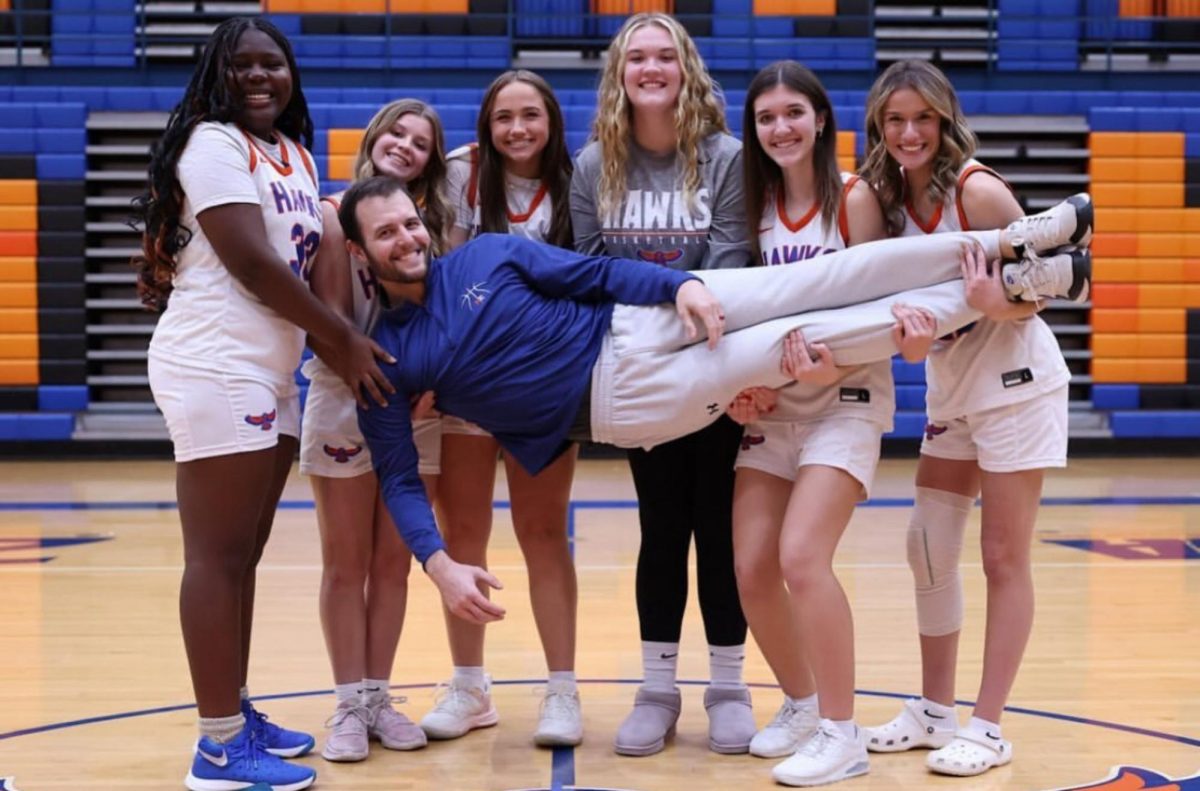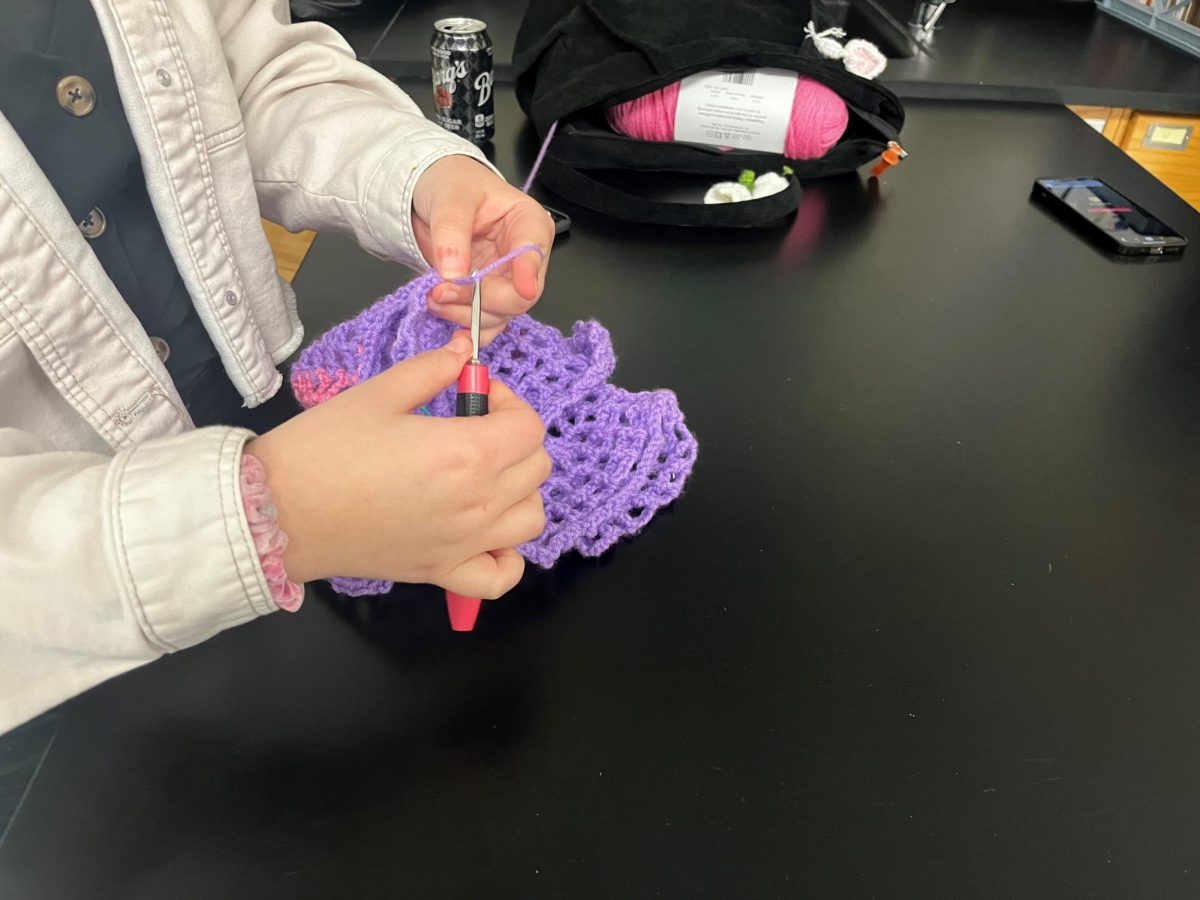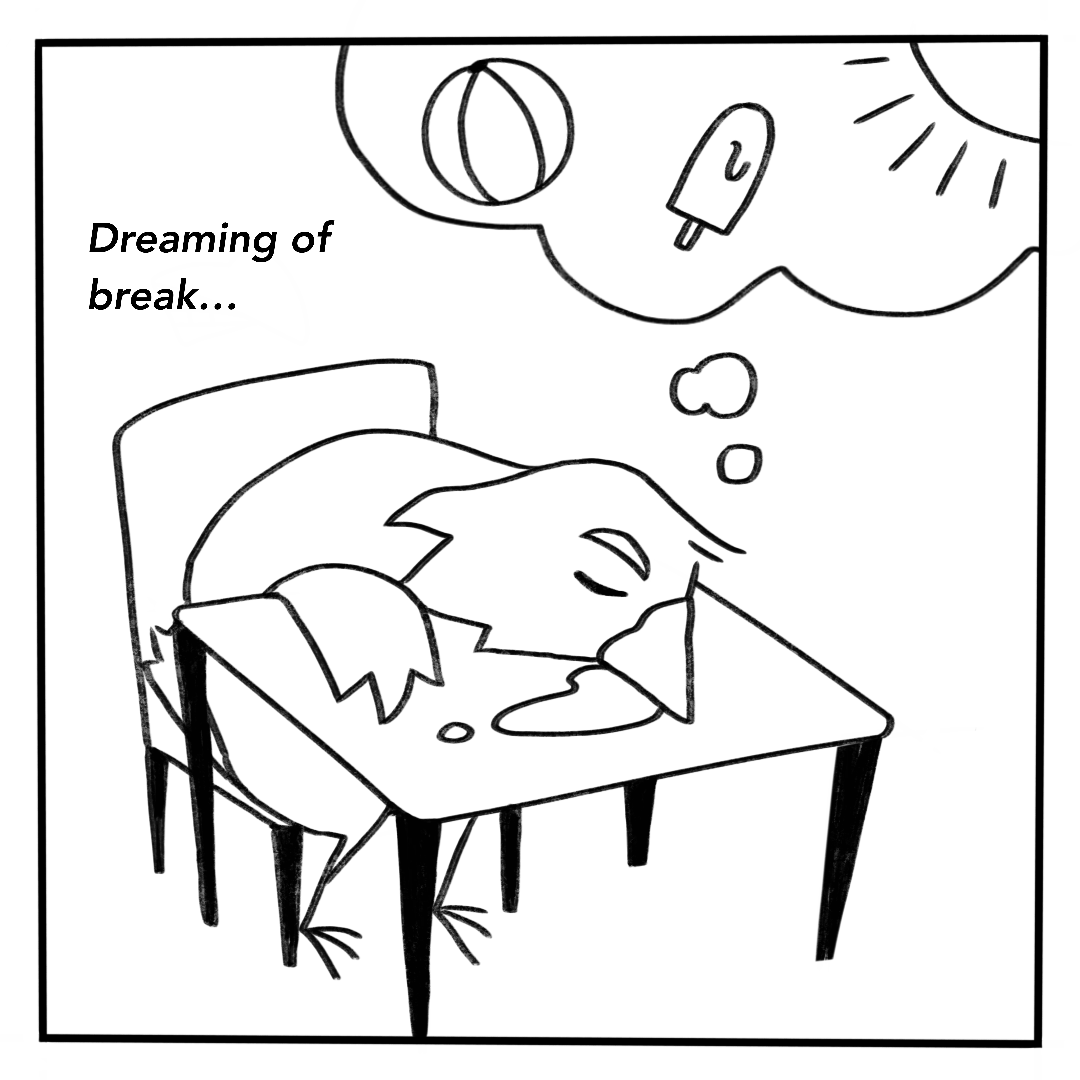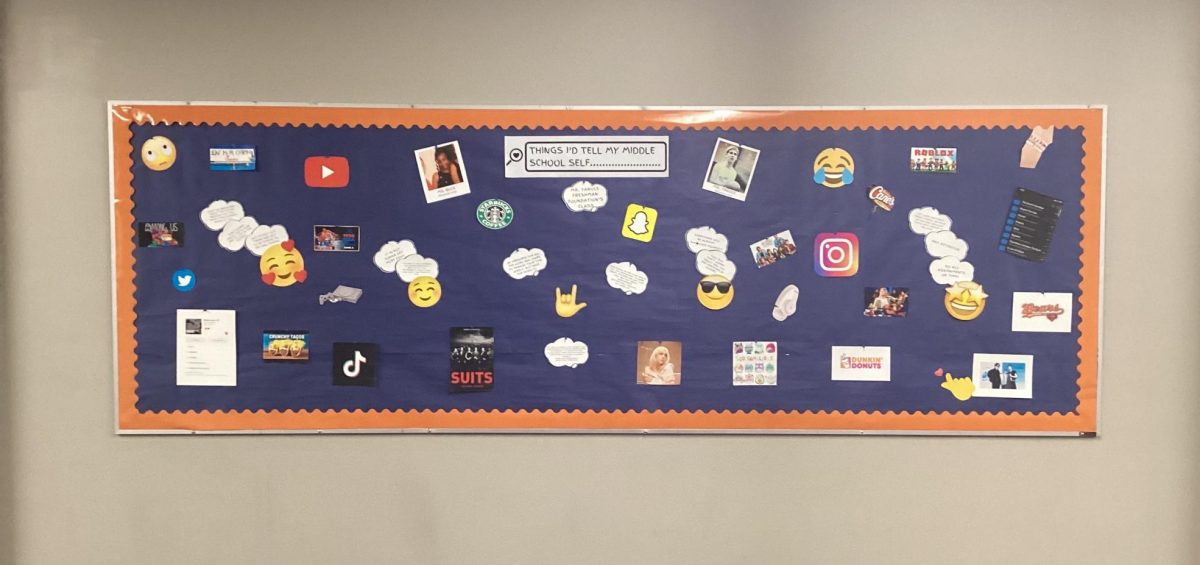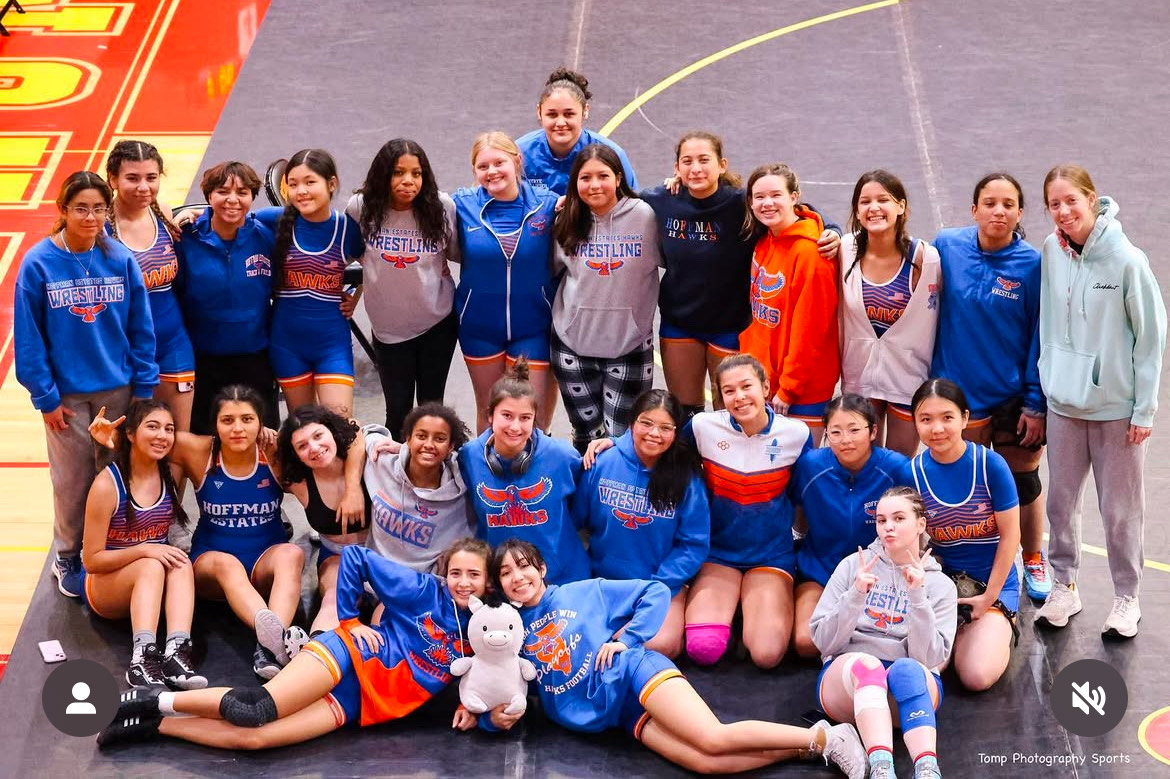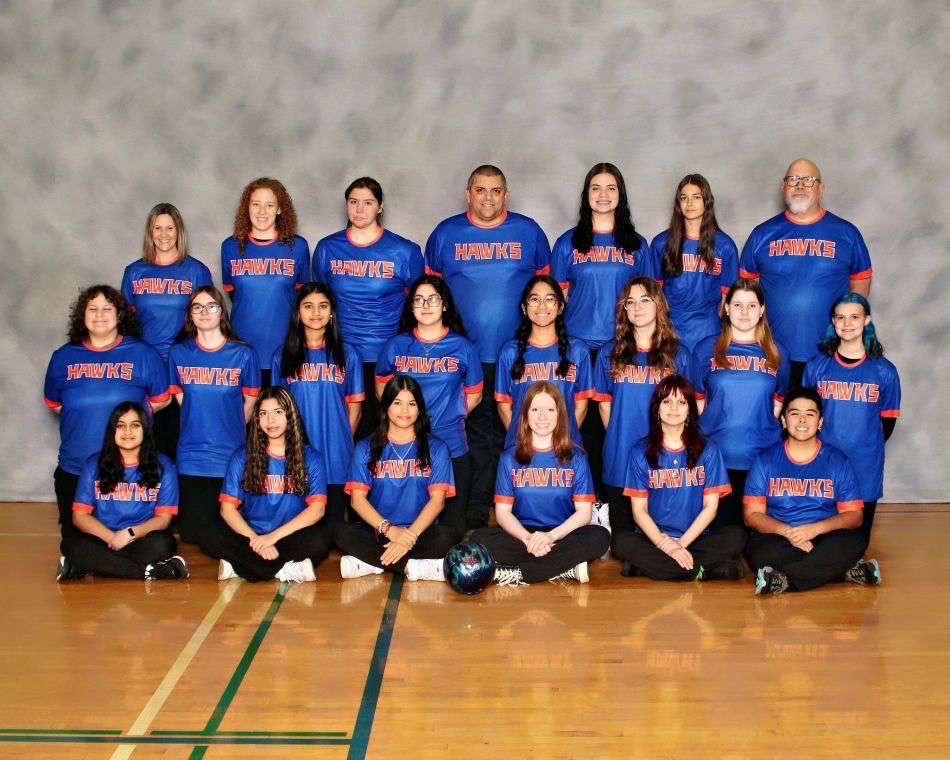Nothing is less satisfying than leaving class after a challenging, long anticipated test only to hear the teacher assign homework for the weekend. Any Hoffman alum can relate to that moment when there is that mix of relief that the weekend has arrived and frustration at the mere mention of extra work that interferes with those precious weekend plans.
Homework has been a constant in education, but its form and impact have evolved. From handwritten worksheets to online assignments, the role of homework has changed over time, modifying how learning happens both in and out of the classroom. But what effect does it really have, and is this evolution for the better?
According to the History Cooperative, “Roberto Nevelis, a Venetian educator from the 16th century, is frequently credited with the invention of homework.” Homework has been around since before the proper formation of the American Department of Education, and it’s safe to say that it isn’t going anywhere.
What first may have started as coloring sheets or flash cards in elementary school has progressively aged into students doing entire essays, outlines, projects, and presentations for almost every subject in addition to looming tests that require out of class work.
As students progress in their studies, the workload not only increases in frequency but also in complexity.
“I feel like homework has changed through my years at Hoffman, like assignments have become more vague with what they require, so it’s more work to succeed–we’ve become way more responsible for our success,” said Anousha Ali, senior.
However, it’s important to remember the purpose of homework as a helpful tool in reinforcing skills taught.
“Homework helps you practice the skills that you need to reinforce when you get home, which helps you. It allows you to be prepared for the upcoming unit, as well as be well-prepared for future class tests, and just be in a better position in that class,” said Hrishi Sunder, senior.
External factors and individual circumstances may interfere with assignment completion, making strategies like time management extremely valuable in making all types of homework doable.
“I don’t usually get that much homework because my teachers give us time in class to finish it. If we don’t finish it, we do it at home. So, in my free time, I usually do it for like 30 minutes, and then I just have my free time,” said Karen Felix, junior.
But students aren’t the only ones with perspectives on the matter, teachers also have their own take on the purpose and effectiveness of homework.
“Since I was a student, I feel like homework was more about compliance. The teacher gave us homework, and we did the homework. It was a lot of just fact recall, whereas now it’s more about students being engaged in learning and application,” said Wade Heisler, wellness department chair.
Homework is not entirely negative, as rigor and structure contribute to academic success and deeper understanding. Before a quiz, completing a study guide provides a more effective way to improve grades.
“Even though I complain about homework sometimes, I can definitely understand how it’ll help me in my future,” said Ali.







